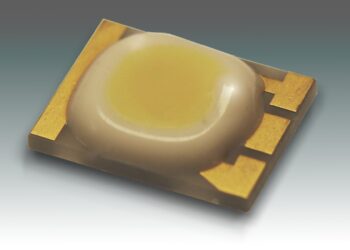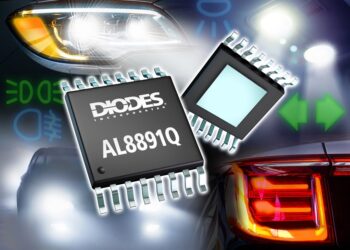San Diego-based Cardea Bio, Inc., the producer of biocompatible semiconductors, raises a $1.1 million grant from the Bill & Melinda Gates Foundation. The fund will be used to develop a BPU (Biosignal Processing Unit) assay with high sensitivity and specificity that incorporates receptors capable of detecting volatile compounds to rapidly diagnose infectious diseases in developing countries.
This project aims at verifying Cardea BPUs functionalized ability with an insect Odorant Receptor (iOR) to detect an agnostic odorant. Leveraging its past experience, Cardea has developed a solid understanding of the compatibility between iOR’s and BPUs. This places them in a position to create an assay that demonstrates the feasibility of this detection methodology.
“We’re obviously very pleased to have received funding from the Bill & Melinda Gates Foundation, and we’re even more excited about the prospects of this project. Using our BPU Platform to bring novel and feasible diagnosis capabilities to developing countries was a major driver as to why we started Cardea in the first place. Developing an electronic nose with the potential to diagnose diseases like COVID, malaria, cancer, and so on, is literally a dream come true!” states Michael Heltzen, CEO at Cardea Bio.
Chief Business Officer at Cardea, Rob Lozuk, adds, “We’re extremely excited about how this project aligns perfectly with our commitment to positively impact a broad set of healthcare conditions, such as infectious diseases, environmental, and even oncology. By leveraging the foundation’s innovations and presence across the globe, this uniquely positions us to validate the potential capabilities of the BPU in bringing healthcare to all corners of our civilization and ultimately allowing people across the world to live healthy and productive lives.”
The successful completion of the project will validate Cardea BPU platform’s potential to meet the needs of a large variety of engineered OR-enabled products for sensing applications in clinical health, environmental monitoring, agriculture, and biosecurity to name a few. Cardea would then focus on developing a point-of-care (POC) testing device that can rapidly screen for common infectious diseases in developing countries.








